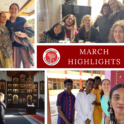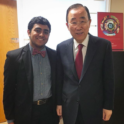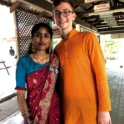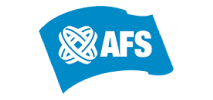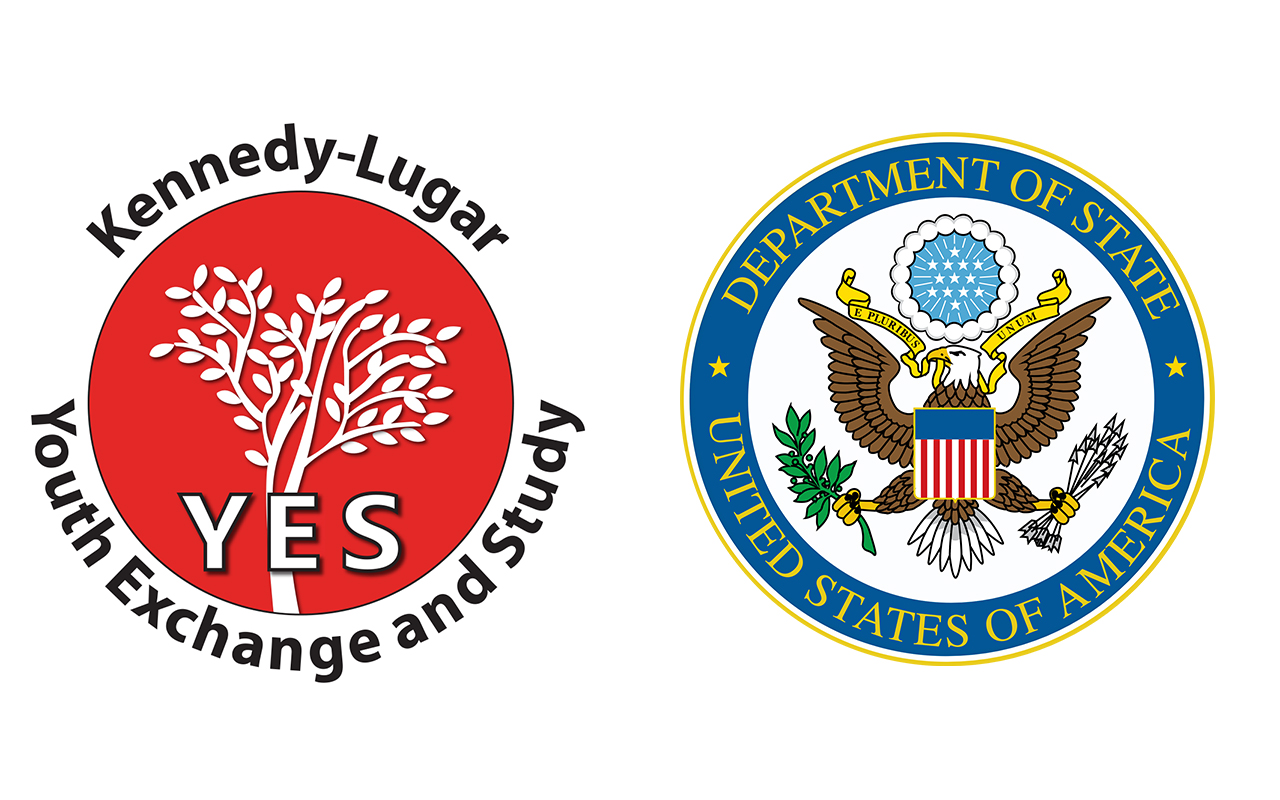Malaysia
Study in MALAYSIA with YES Abroad!
Malaysia, a constitutional monarchy, is a predominately Muslim nation with Chinese and Indian influences. While it is not an entirely homogenized country, there are a few main ethnic groups: half of the population are Malay, just under a quarter are Chinese, and about seven percent are Indian, while a small percentage are indigenous or of another ethnicity. The languages spoken reflect this distribution: Bahasa Malaysia is the official language, although English, several forms of Chinese, and small amounts of Tamil, Telugu, Malayalam, Punjabi, and Thai are all spoken. Although Islam is the official religion, Buddhism, Christianity, Hinduism, and a number of traditional Chinese and indigenous religions are practiced and respected. Since declaring independence from Britain in August 1957, Malaysia has practiced a legal system comprised of English common law, Islamic law, and customary law. Divided in two by the South China Sea, both halves of Malaysia are composed of coastal plains, hills, and mountains.
It is difficult to distinguish a unitary Malaysian cuisine, as it blends Malay, Indian, Chinese, and traditional indigenous flavors, and differs among regions. All of the regions hold one element in common, however: the food is notably spicy. Chinese influence provides the tradition of a balance of Yin food, such as vegetables and fruit, and Yang food, such as starch and meat, in each meal. Staples of light bread and fish in certain regions derive from Indian influence. Together, these styles create a culinary culture of diversity, tradition, and regional distinction.
The various ethnic groups and cuisines all come together in the nation's capital, Kuala Lumpur. The city is home to some of the tallest skyscrapers in Southeast Asia and juxtaposes ancient mosques and temples alongside cafes, office buildings, and malls. The country has a tropical climate that varies in intensity based on region.
Most host communities are urban, suburban, small-town, or rural communities, and while some host families may own a car, the most common forms of transportation include cars, buses, trams/subway, bicycle, motor-scooter, and walking. Students typically commute anywhere between 15 and 45 minutes each way by either car, bus, or walking to their host schools.
Learn more about being a YES Abroad student in Malaysia:
Host Family
Students will live with host families in order to experience true immersion in the local culture. Families are selected based on recommendations by members of the local community, and each is carefully screened by AFS staff and volunteers. Families are carefully vetted through a thorough application process and are highly regarded by their relatives and neighbors. While each family is highly regarded by their neighbors, host family situations and accommodations vary, and each provides a unique experience for each student. Host communities exist through the presence of a strong support network, with a local volunteer, staff member, or "liaison" available to each student.
Your High School
Students will attend public schools. Some subjects will be taught in Bahasa Malaysia, while others are taught in English; a local dialect is sometimes used. School typically runs Monday to Friday in most regions, though it runs Sunday to Thursday in others. Uniforms are customary. Students will have the opportunity to participate in a number of extramural and extracurricular activities, such as soccer, volleyball, softball, swimming, theater, debate, photography, and chess.
The Political & Security Environment
The United States enjoys good relations with Malaysia. It is an active member in organizations such as ASEAN, APEC, the OIC, the NAM, and the UN.
For more information, visit the CIA World Factbook.
Health & Safety
With a more than 65-year presence in Malaysia, AFS draws on strong local connections for a deep understanding of the intercultural, health, safety, and security issues. Students are given safety briefings by AFS and are registered with the U.S. Embassy in Kuala Lumpur to receive travel alerts. AFS works closely before arrival and throughout the exchange year to discuss and prepare for students' well-being. Students are supported on the ground by AFS staff members and volunteers. Each student is given a mobile phone upon arrival for emergency use, along with the contact number for their local support representative and the national AFS Malaysia office. YES Abroad students are covered by medical and political and security evacuation benefits. Students, host families, and natural families have access to a 24-hour emergency number, and AFS staff and volunteers are trained to deal with incidents that may occur on-program.
For further information on Malaysia, visit the U.S. Department of State's website.
Enrichment Activities
Students may have the opportunity to take part in various activities to increase their interaction with local peers in Malaysia. Activities may include field trips, sporting events, cultural excursions, social outings, and community service projects. Examples of previous enrichment activities include:
- Meeting with the Public Affairs Section of the U.S. Embassy;
- Cultural days with Malaysian YES alumni who studied in the United States;
- Community service activities, such as volunteering as a native English language teacher for children and young adults.


